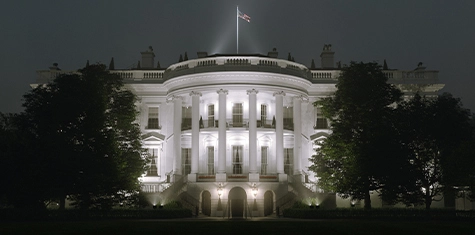Additions to Entity List
On March 26, 2025, the Department of Commerce’s Bureau of Industry and Security (BIS) added 80 entities to the Entity List, including 54 from China and about two dozen from Pakistan, the United Arab Emirates (UAE), South Africa and Iran for the following objectives:
- Restrict China’s ability to acquire and develop high-performance and exascale computing capabilities, as well as quantum technologies, for military applications;
- Impede China’s development of its hypersonic weapons program;
- Prevent entities associated with the Test Flying Academy of South Africa (TFASA) from using U.S. items to train Chinese military forces;
- Disrupt Iran’s procurement of unmanned aerial vehicles (UAVs) and related defense items; and
- Impair the development of unsafeguarded nuclear activities and ballistic missile program.
According to BIS the revisions to the Entity List include:
- 12 entities — 11 under the destination of China and one under the destination of Taiwan — are added for engaging in the development of advanced artificial intelligence (AI), supercomputers and high-performance AI chips used for China’s military modernization.
- 13 entities, including under the destinations of China, are added for their contributions to unsafeguarded nuclear activities.
- Seven entities are added for contributions to ballistic missile programs.
- 27 Chinese entities are added for acquiring or attempting to acquire U.S.-origin items in support of China’s military modernization.
- Seven entities located in China are added for acquiring or attempting to acquire U.S.-origin items in support of advancing China’s quantum technology capabilities because of military applications of quantum technology.
- Two Chinese entities are added for selling products to parties on the Entity List, including Huawei and affiliated entity HiSilicon.
- Two entities in Iran and China are added for attempting to procure U.S.-origin items for Iran’s defense industry and unmanned aerial vehicle programs.
- 10 entities under the destinations of China, South Africa and the UAE are added due to their links to the Test Flying Academy of South Africa (TFASA) — a party added to the Entity List on June 12, 2023 — and the training of Chinese military forces using Western and NATO sources.
Closing Export Control Loopholes
The BIS states that a primary intent of its actions is to restrict the export of U.S. technology to companies involved in the modernization of China’s military, including by closing certain export control regulatory loopholes. For example, the BIS notes that although the Biden administration added Inspur’s parent company to the Entity List in 2023, it failed to similarly restrict Inspur’s subsidiaries, which were free to acquire technology prohibited to be acquired directly by Inspur.
Navigating the U.S. Export Control Landscape
As U.S. export control policies evolve, we are closely monitoring developments and can assist both U.S. and foreign businesses in navigating the complex U.S. export control landscape. Please contact us if you have any questions concerning the material discussed in this client alert or otherwise in connection with assessing the impact of U.S. export control on your business.
For more information, contact Robert Oberlies, Jackson Guo or Michael Meagher.






